0
Days
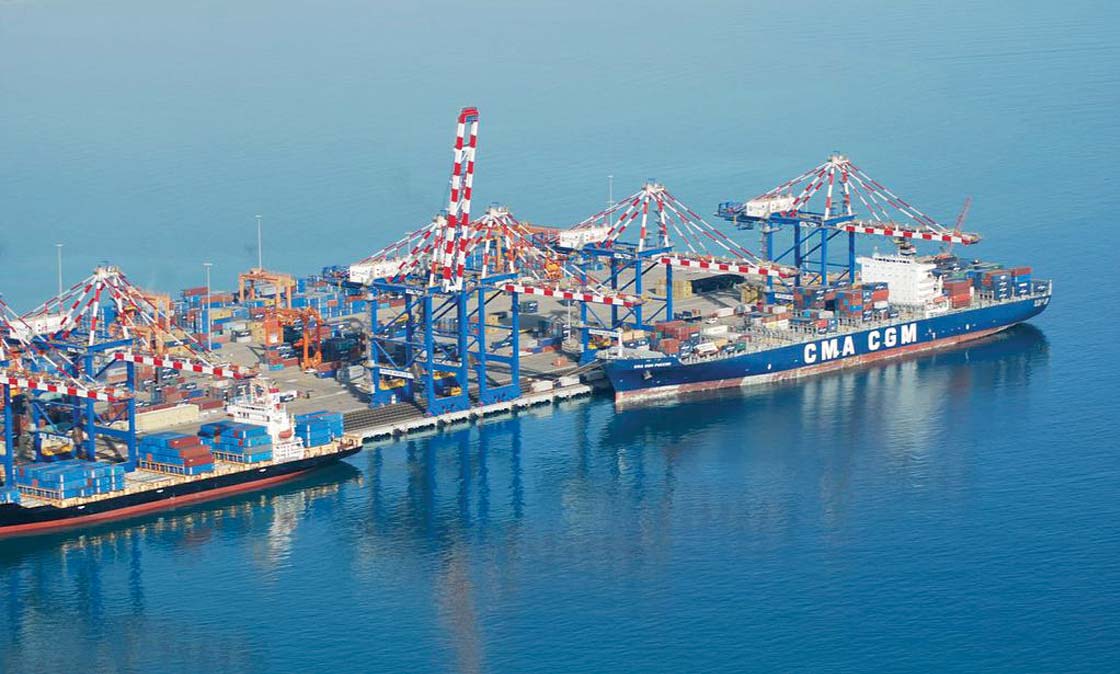
Djibouti is strategically located on one of the fastest-growing East–West international shipping routes, at the entrance to the Red Sea. The country is thus ideally placed to expand its role as a shipping hub, especially for containerised goods destined for East and southern Africa. The container terminal at the existing port of Djibouti had been operating at near full capacity for some time (400,000 TEUs1), preventing the country from taking advantage of its potential.
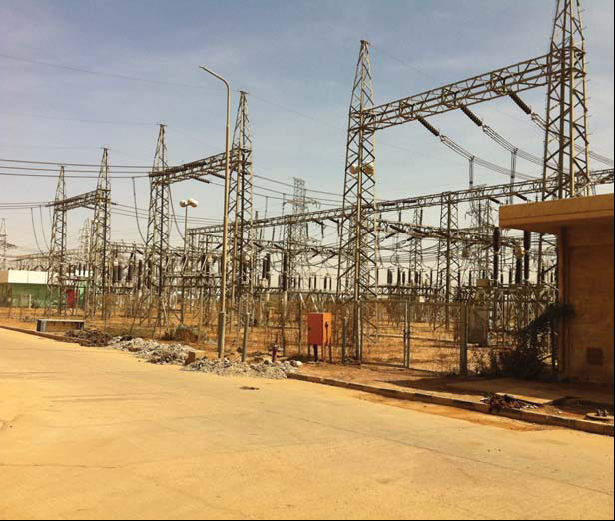
With an eye to the future, in the 1970s and 1980s, Sudan made substantial investments in power generation that modernised and increased the supply of electricity to businesses, farms and households alike. But by the 1990s it was clear those earlier investments were not keeping pace with economic growth. Lack of reliable, abundant power was seriously hindering socio-economic development in Sudan, where a significant proportion of the population lives below the national poverty line.
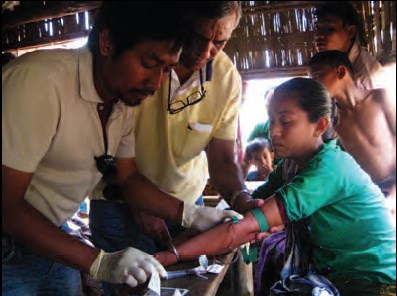
Since 1978, when icddr,b was created in its current form, the focus of its activities has been the development of evidence-based solutions that deliver significant public health impac t; the ultimate impact being saving the lives of those in greatest need.
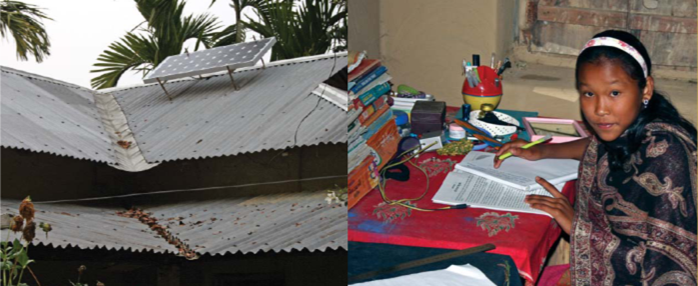
More than half the people in Bangladesh live in areas where there is no mains electricity. Only one third of rural communities have access to electricity. But for nearly 10 years now the lights have been going on in many parts of the countryside thanks to solar home systems (SHS). Previously, people had to rely on kerosene lamps that provide poor light and create a smoky home environment. But now young people can study after school, the family can relax and learn.
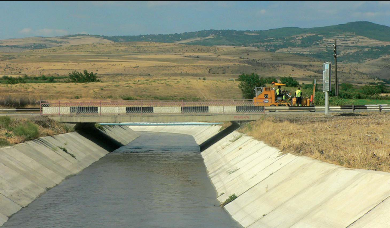
Built around 70 years ago, the Samur-Absheron Canal carries water from the Samur River to irrigate farms in northeastern Azerbaijan and supply the national capital, Baku, with drinking water. Years of neglect meant that the canal was inefficient – it lost much of the water it carried – and did not have the capacity to meet existing. demand for irrigation or, still less, to allow for expansion. Rehabilitating the canal was a priority for the Government of the Republic of Azerbaijan.
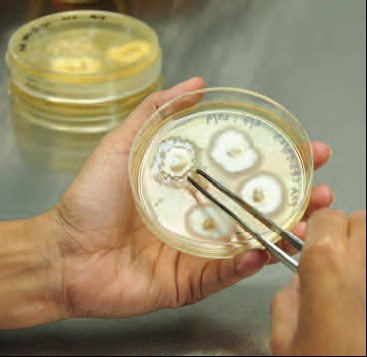
AchievementsMARDI addresses technical issues and constraints faced by the agricultural industry, as outlined in the National Agro Food Policy and Science and Technology Policy, and works to transfer, as well as commercialise technologies to appropriate users and private sector companies.
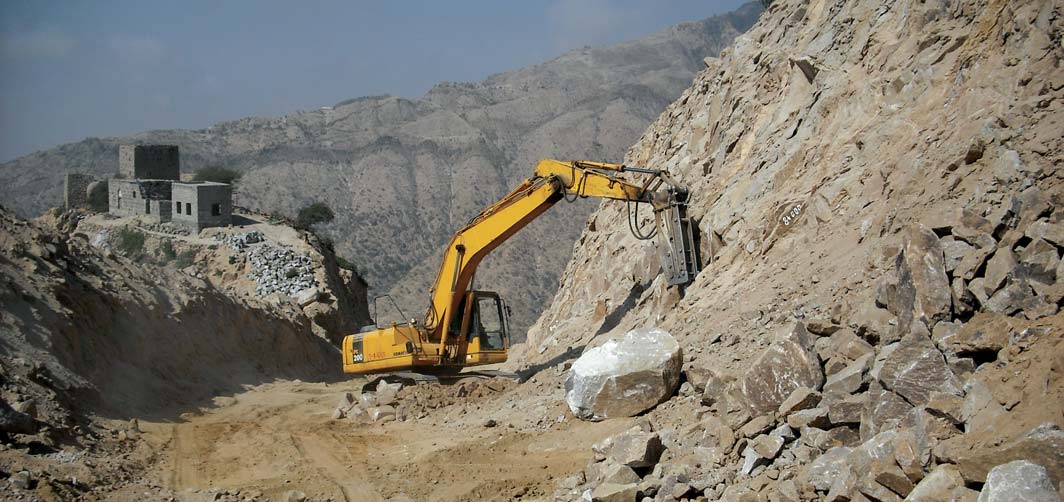
Roads are fundamental to the development of Yemen and the well being of its population. The deserts and mountains that characterise the country make building and maintaining roads a challenge. The network of paved roads is limited and many remote communities are still isolated. A good road network is essential to bring rural areas into the mainstream and to boost development.
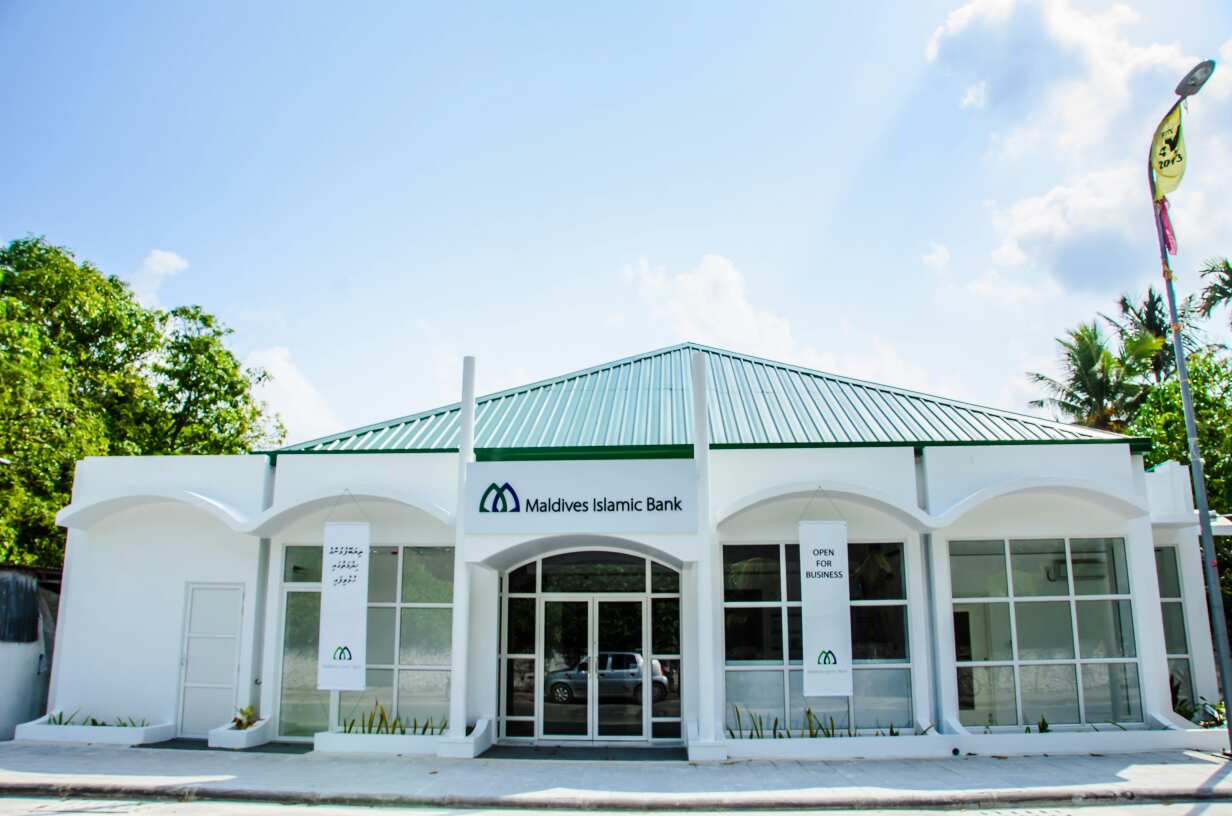
MIB commenced operations in March 2011 as the first Islamic commercial bank in Maldives.Initial paid up capital was USD 11.76 million with ICD’s contribution of USD 10 million. Government of Maldives was the other shareholder of the bank. Although the journey since inception was challenging, ICD successful managed to achieve the desired goal.
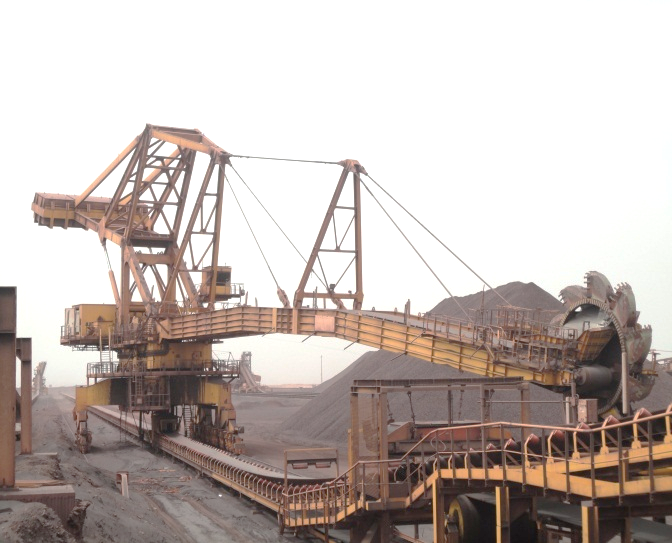
In Mauritania, IDB financed the Mining Port Handling Equipment Project (MAU0108) which aimed at modernizing the Nouadhibou port loading equipment of “Société Nationale Industrielle et Minière” (SNIM), which is the state mining company and one of the major iron exporters in the world. The project succeeded in increasing SNIM’s iron ore production from 10.65 million tons in 2006 to 11.50 Mt in 2012.
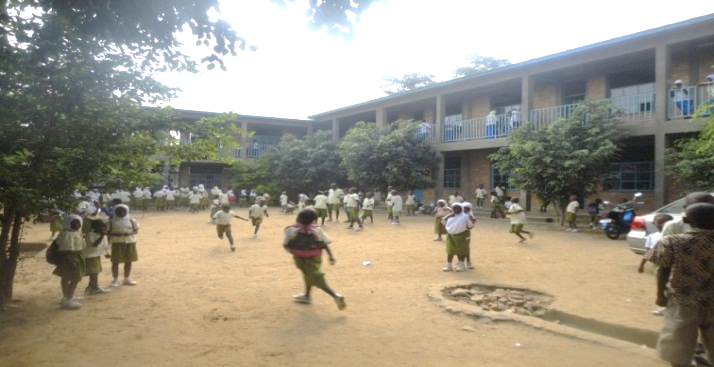
In Burundi, through an umbrella organization “Communauté Islamique du Burundi” (COMIBU) IDB supported three educational institutions, namely “Lycée Technique Moderne de Ngozi”, “Lycée Islamique de Rumonge”, and “Debout Bébés” Primary School. IDB’s contribution enabled these institutions to provide primary and secondary education for 810 students across various cities in Burundi.
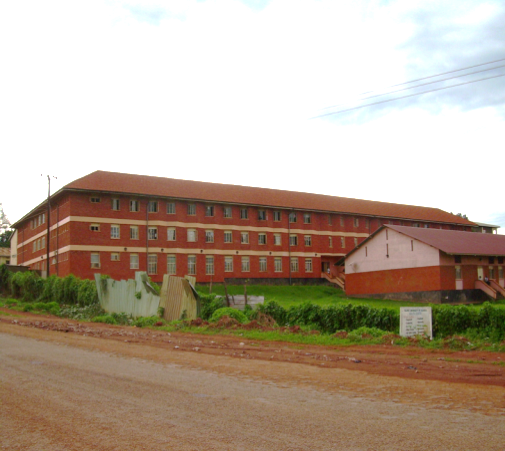
IDB financed the Construction of Student Hostels at Islamic University in Uganda Project in Uganda. The project outputs included: Male student hostel (for 550 students), female student hostel (for 550 students), students dining hall and kitchen for both males and females. Besides, furniture for hostels, generator, 96 cubic meters water tank, kitchen utensils were procured.
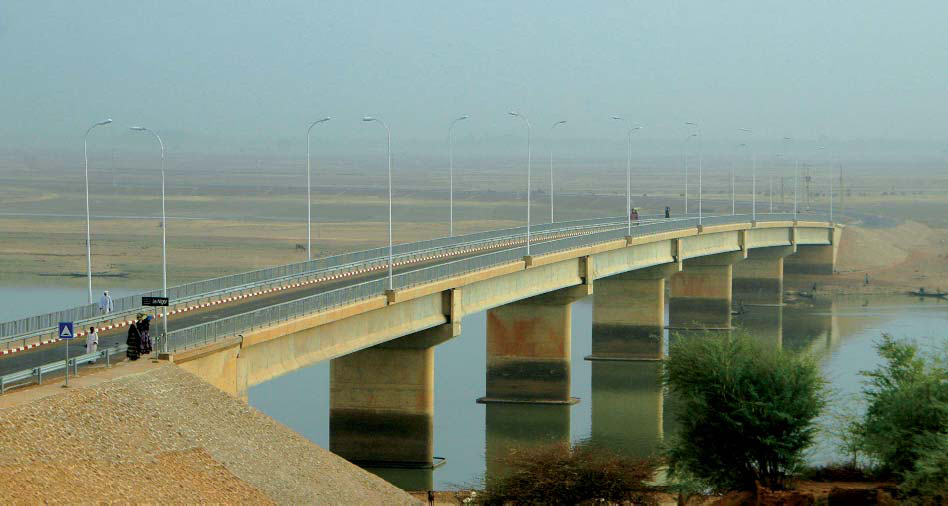
Until a few years ago, crossing the Niger River at Gao meant waiting for a ferry that might or might not be operating. This hindered progress and discouraged trade. Now, a new bridge has thrown a lifeline to the once isolated Gao Region in eastern Mali.
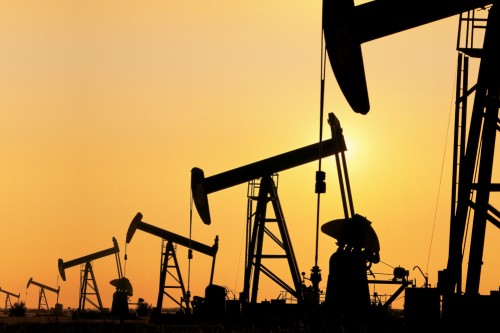
The $2.2 billion financing program signed between ITFC and the Government of Egypt came at a critical time for Egypt and helped the government in reducing the pressure on the foreign currency reserves
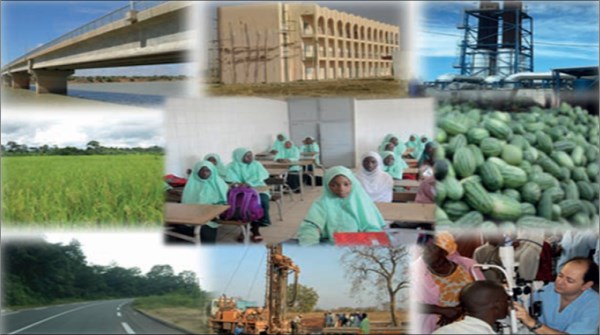
The SPDA, which came into effect in February 2008, is a comprehensive financing program in favour of African member countries south of the Sahara, targeting key sectors deemed crucial for growth and poverty reduction. It is a contribution by the IDB Group to meet some of these countries’ development aspirations.
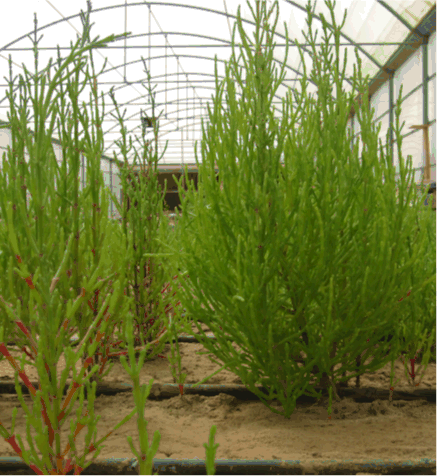
ICBA, in collaboration with the Masdar Institute of Science & Technology in the United Arab Emirates (UAE), took the initiative in partnering with Boeing and the University of Arizona (USA) to evaluate the potential use of seawater to grow Salicornia for use as a biofuel and maintaining CO2 equilibrium.
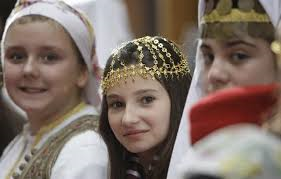
After the devastating war in Bosnia & Herzegovina which resulted in the destruction of lives and properties. A war that caused high economic losses; and the post-conflict reconstruction effort requires significant contribution from development institutions like the IDB. The high cost of the war brought international institutions together in order to reconstruct the country and put the economy back on track.
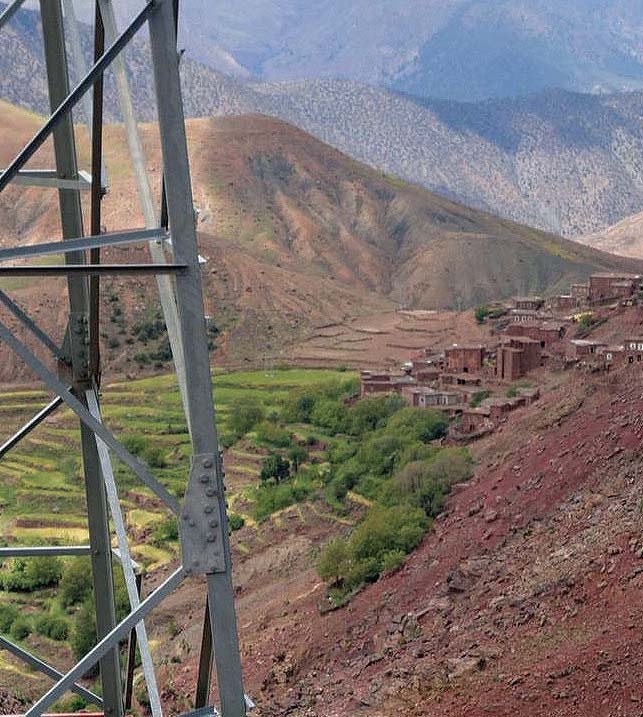
Electricity is by no means a newcomer to Morocco; as early as 1891, a public lighting system was installed in the town of Tangier. However, electrification rates outside the cities persistently remained very low. In 1995, over 80% of Moroccan villagers still lived in the dark. Once the sun had set, children found it difficult to study and shops closed their doors.
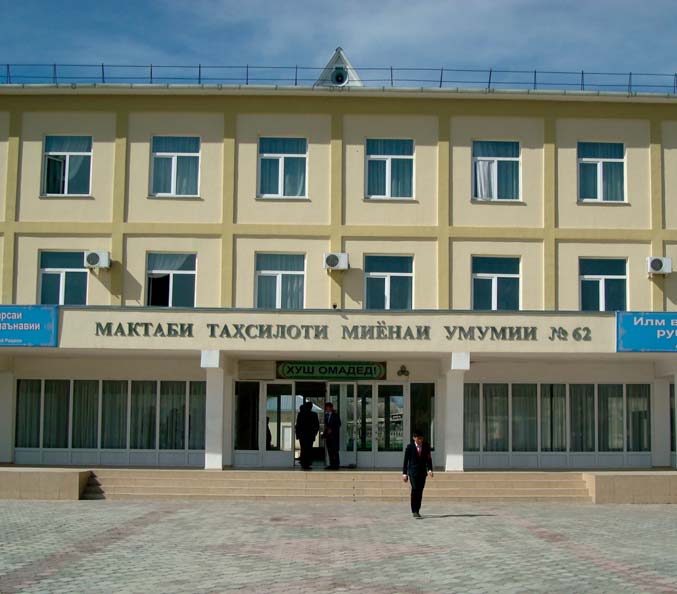
The collapse of the Soviet Union followed by a devastating civil war severely impaired the quality, as well as the reach, of education in Tajikistan – a country which used to have some of the best levels of education in Central Asia. Following a request from the Republic of Tajikistan, in 1998 the Islamic Development Bank (IsDB) began to finance a reconstruction project of secondary schools in rural areas of the country.
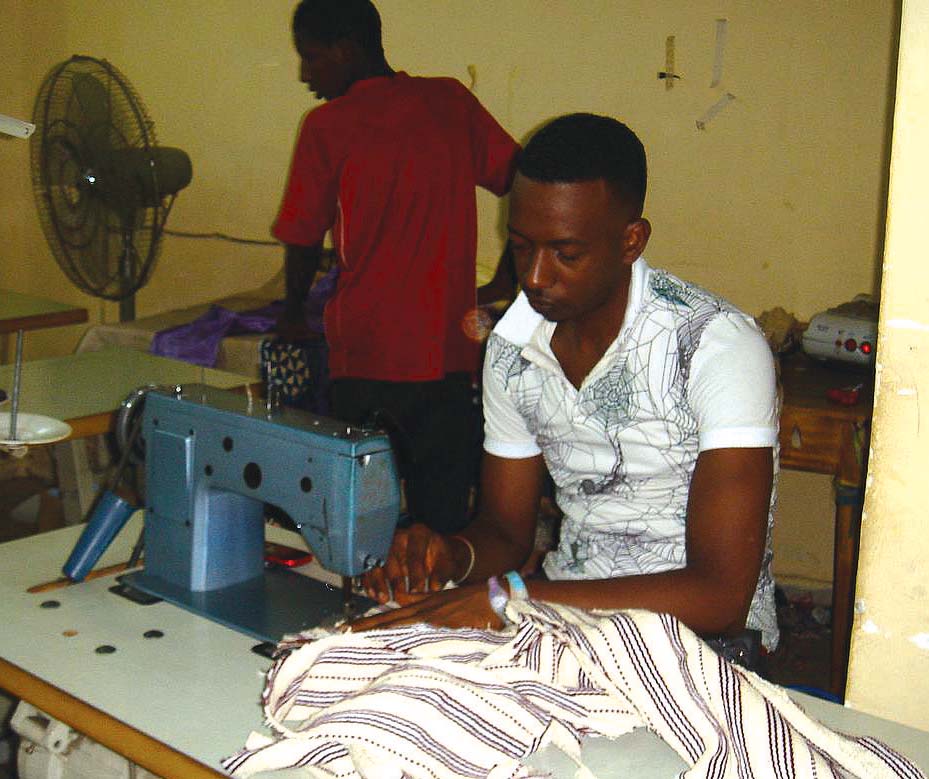
Guinea has long been ranked among the poorest countries in the world, making life tough for the nation’s many micro-entrepreneurs, who until recently have been unable to access the capital needed to grow their businesses and improve the lives of their families. In 2001, guided by its national poverty reduction strategy, the Government invited the Islamic Development Bank (IsDB) to help the country’s poor to help themselves through a microfinance project.
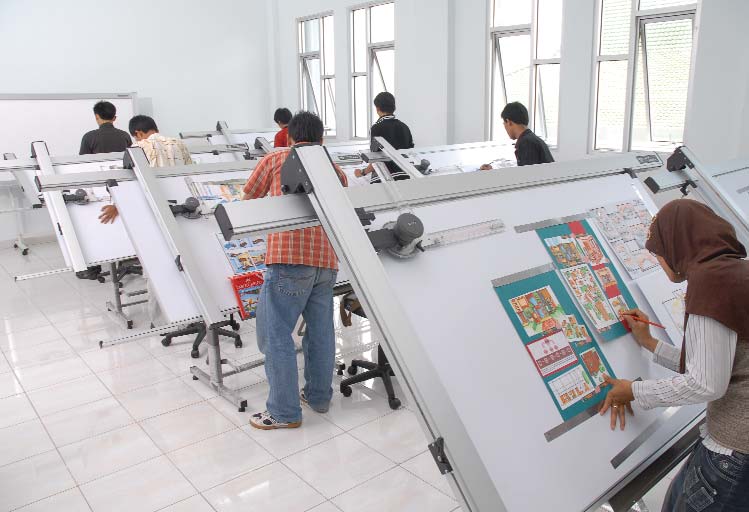
With a population of school-aged children that is one of the largest in the world, Indonesia has made remarkable progress at introducing free universal primary and secondary schooling. Its success means it is in on track to meet the education Millennium Development Goal. But, with such a large influx of young students, the country has struggled to meet the rising demand for good quality higher education.
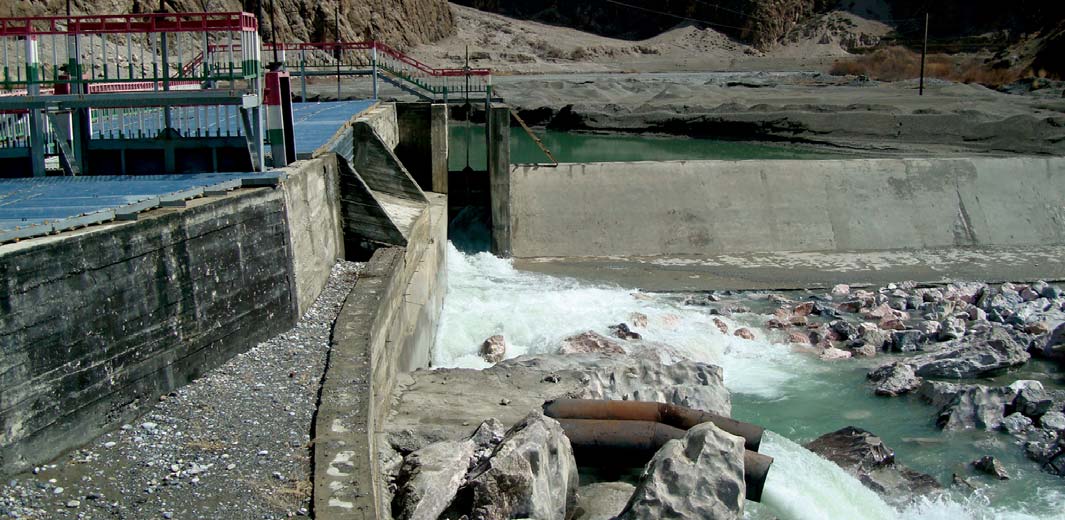
With its dense network of rivers, Tajikistan is the eighth richest country in the world in terms of hydropower resources. But lack of investment has meant that this resource is vastly underutilised with electricity supplies still failing to meet the country's needs.
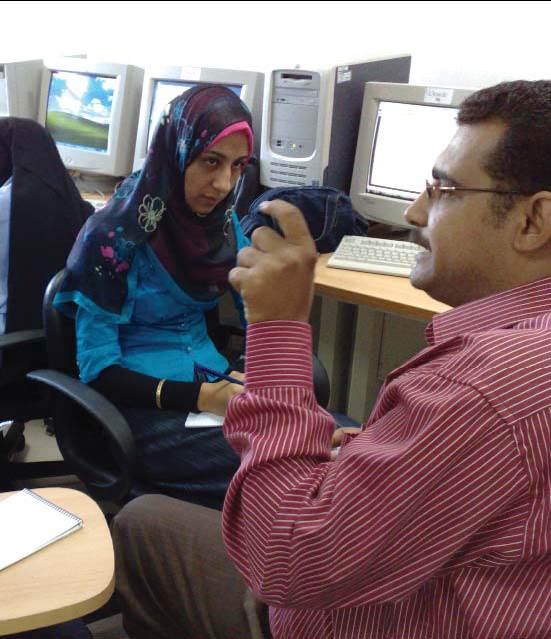
Micro/small and medium enterprises (M/SMEs) employ the vast majority of workers in developing countries, and are widely considered an engine of economic and social growth. Not only do they help lessen poverty through employment, but the competition between them helps build stronger and more flexible economies.
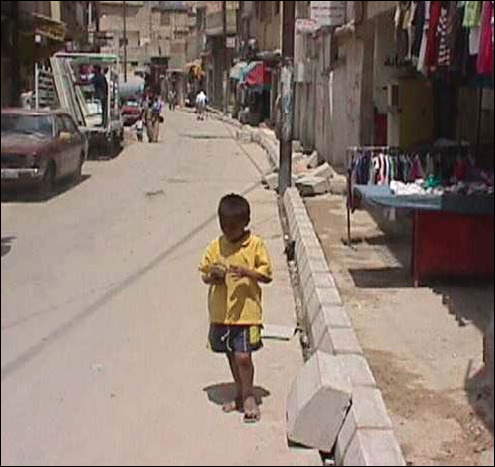
Social safety nets are vital mechanisms for preventing vulnerable segments of society from falling into poverty and to provide foundations for long-term sustainable development. Elements of safety nets include development of public infrastructure, such as roads and water resources, education and healthcare programmes, and microfinance initiatives aimed at supporting the development of small and microenterprises.

Every year, during the 12th month of the Islamic calendar, Muslims from around the world embark on the journey to Makkah for the Hajj pilgrimage. Dressed in simple white cloth, people from all ethnic and social groups join together to perform acts of worship during the holy week.
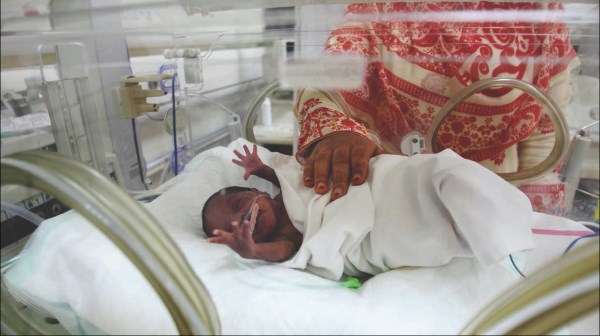
Before a new 200-bed hospital was built at Ibra, 150 kilometres and more than two hours’ drive from the Omani capital, Muscat, health care for the people of Northern Ash-Sharqiyah Governorate was basic at best.
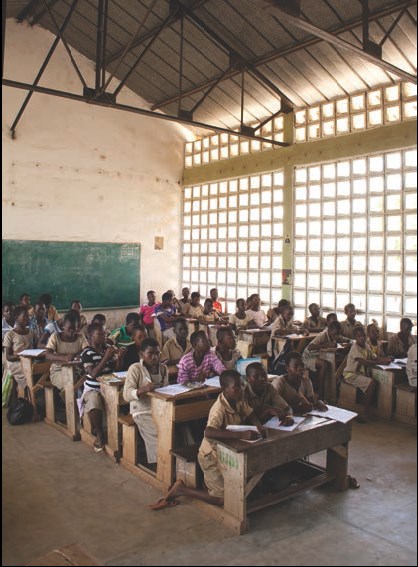
A good education has many ingredients. Children need a teacher who is knowledgeable, enthusiastic and motivating. They need resources – books, stationery, and science and maths equipment – to test and reinforce their newly acquired knowledge.
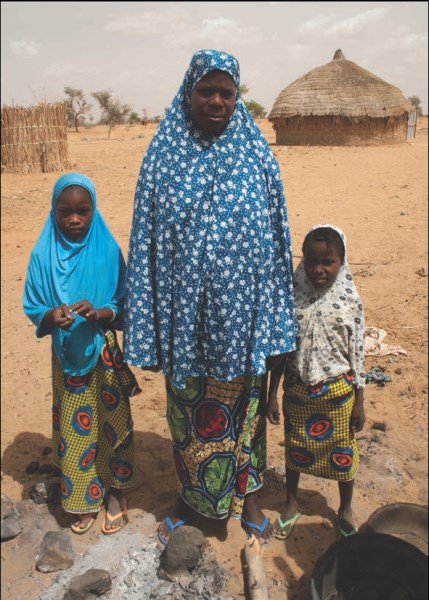
How do you feed one of the world’s poorest populations in one of its harshest environments? That is the challenge facing Niger, where the main problem is simple – there is very little rain.
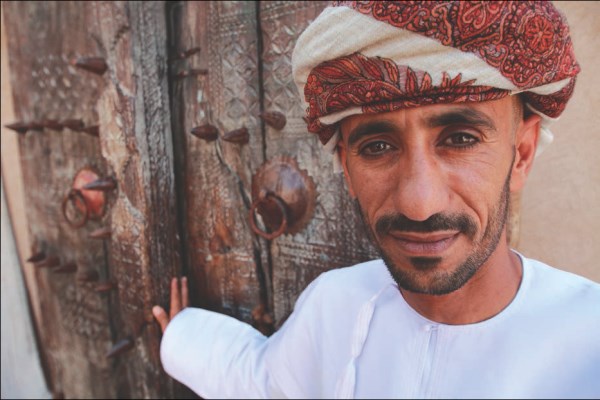
The Ash-Sharqiyah Sands Water Supply Scheme, as it is known in Oman, was prompted by repeated droughts and acute shortages of water.
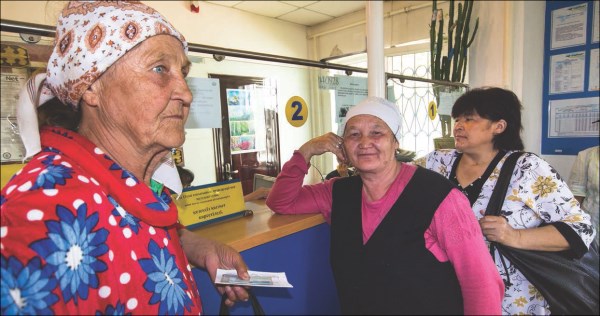
Kazakhstan is a huge country, with long distances between cities and a widely dispersed population. Postal services play a vital role in bridging the communications gap.
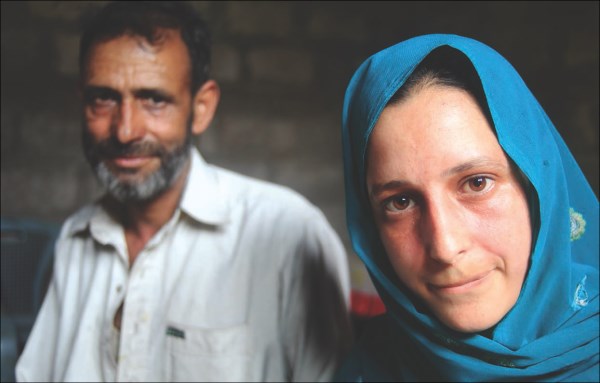
What became known to the world as the Kashmir earthquake was one of the worst disasters in the modern history of South Asia and the worst ever in Pakistan. The epicentre, near the city of Muzaffarabad, was in Pakistani-administered Kashmir, where the Eurasian and Indian tectonic plates collide.
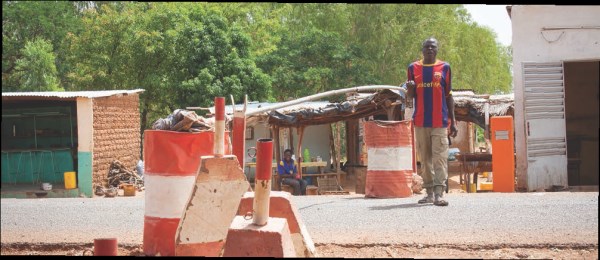
Roads are integral to West Africa’s economic development. They promote local, regional and international trade by enabling goods to move from areas of production to markets.
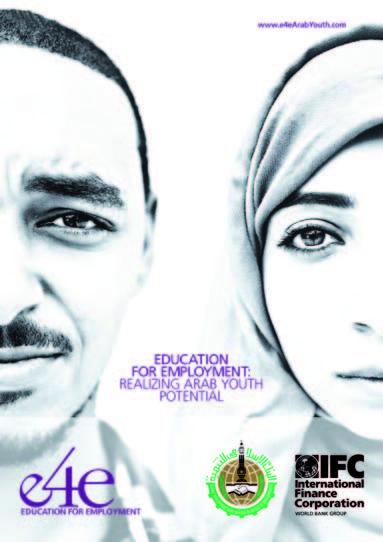
THE EDUCATION for Employment (E4E) initiative was launched by the IDB in partnership with the International Finance Corporation (IFC) in April 2012.
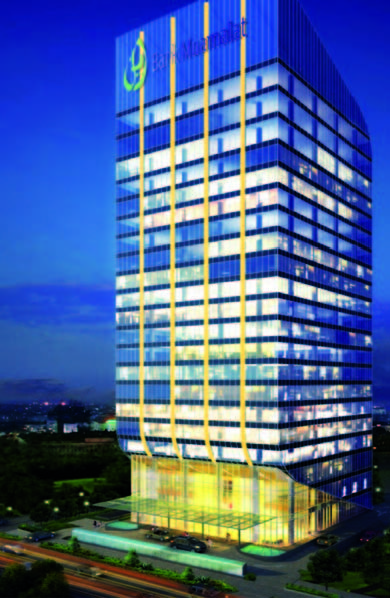
BANK MUAMALAT was the first and the only Islamic bank in Indonesia, up to 1999. It was established in 1991 and initiated by the Indonesian Council of Ulama ("MUI"] and later supported by a group of entrepreneurs and Muslim intellectuals ("ICMI"].
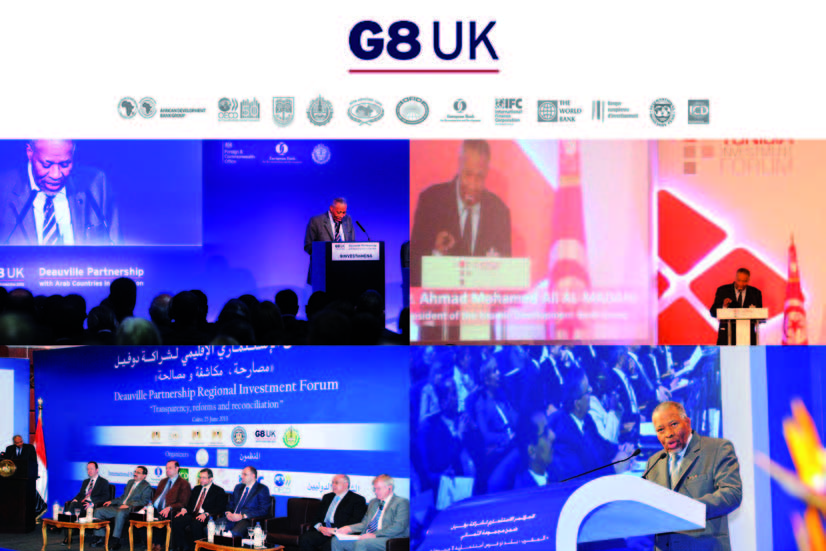
AT THE MEETING of the G8 Deauville Partnership Finance Ministers held in Marseille in September 201 1. ten IFls, including IDB, strongly endorsed the economic framework of the Deauville Partnership.
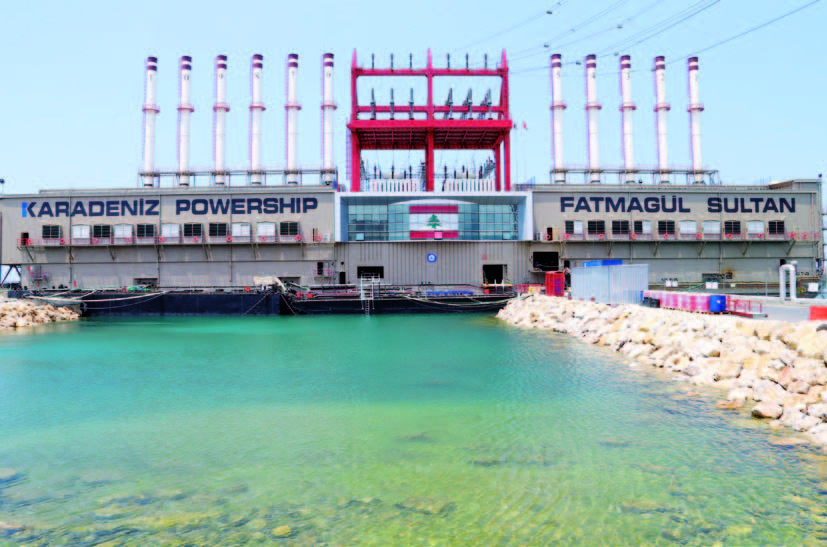
ENERGY sector in Lebanon has been in very poor condition since the end of the civil war in 1990. Power outage has been frequent in Lebanon despite many attempts by consecutive governments to increase the production capacity of existing power plants.
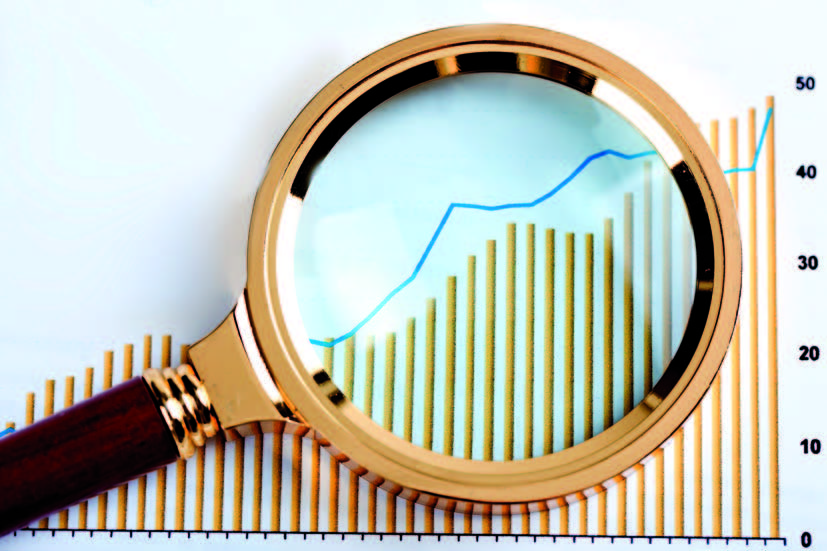
THE IDB lnfrastructure Fund One was the first private equity investment vehicle with a target capital of US$1.5 billion to focus on infrastructure development in member countries of the IDB.
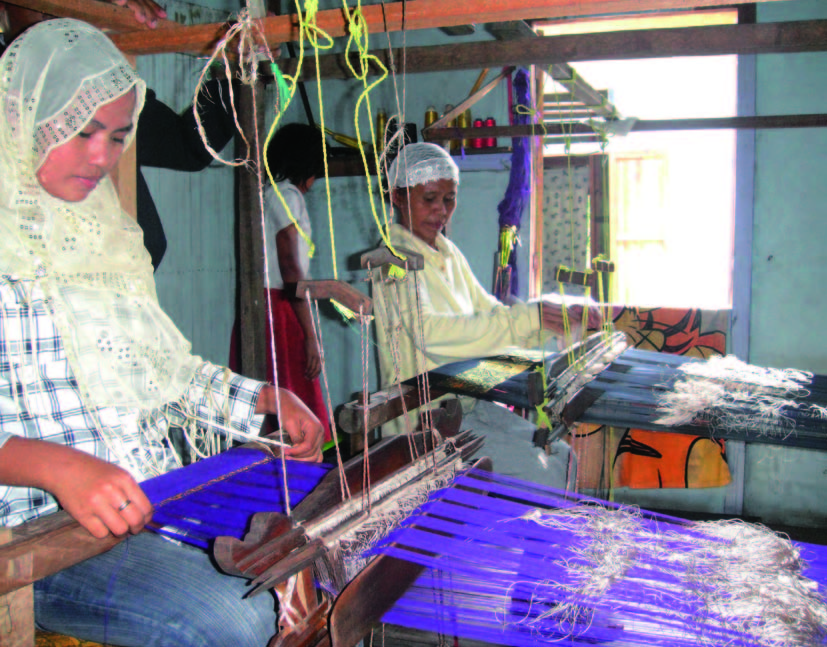
IN 2005, IDB established a Medium Term Note (MTN) programme with a strategic aim of becoming a regular issuer of Sukuk in global capital markets and being more transparent to its Sukuk investors.

COMMUNITY DRIVEN DEVELOPMENT (CDD) is an approach to poverty alleviation, in which the communities exercise full control over the planning decisions and resources of the development intervention.
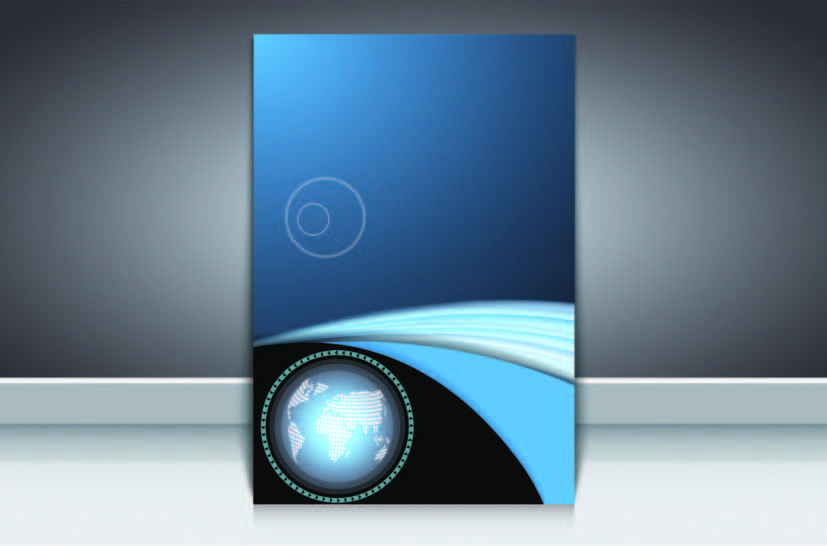
THE ISLAMIC RESEARCH AND TRAINING INSTITUTE (IRTI) launched a new series of country reports which were produced jointly under a strategic partnership with Thompson Reuters and CIBAFI.
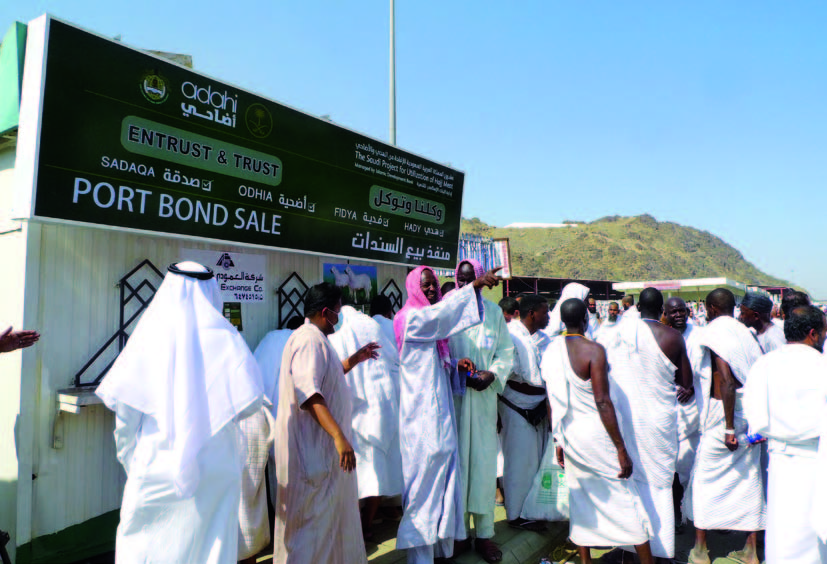
IDB has been successfully managing the responsibility of ADAHI entrusted to it by the Government of Saudi Arabia since 1403H.
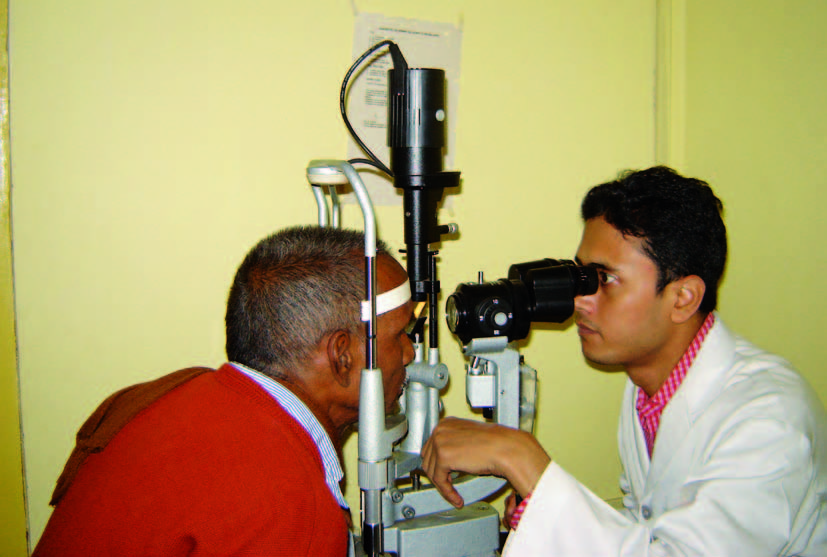
BEING a brilliant student, Dr. Mir Alam Siddique was able to win an IDB scholarship to obtain his MBBS.
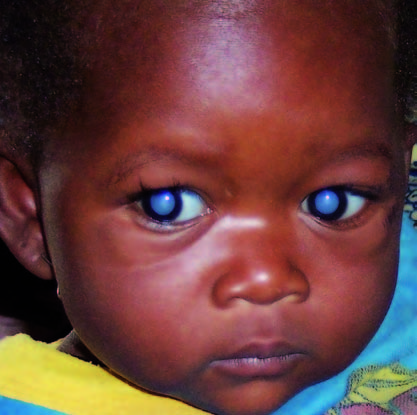
ANASTASIA Sompougdou. When Agnes Sompougdou was nursing her three-month-old twins, she noticed that something was not right with the girl.
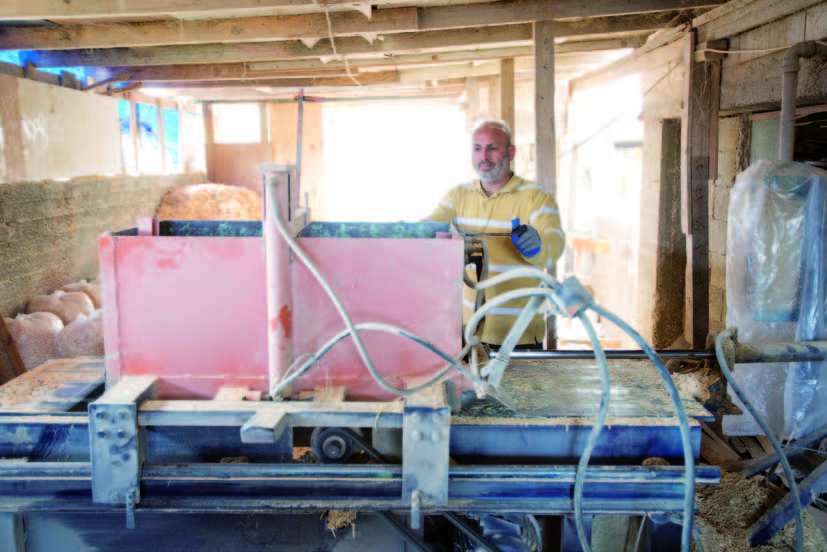
SHAIKH TAHA's family consists of eight people who are living in a small village near Beit Laham, West Bank.

MANY of IDB member countries, especially from the MENA region are facing acute youth unemployment. It has been estimated that nearly 25% of the youth in the Arab countries are unemployed.
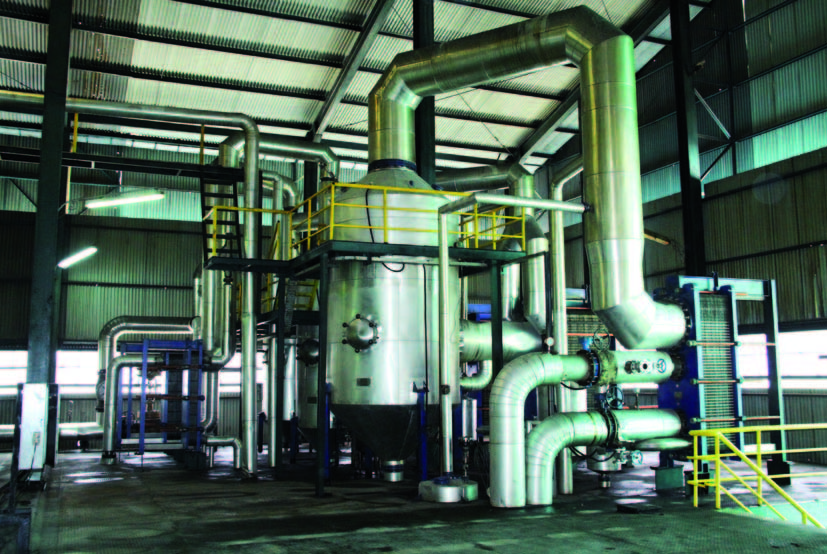
SINCE its inception, the Islamic Trade Finance Corporation (ITFC) has been a strong advocate and champion of Shariah-compliant trade financing.